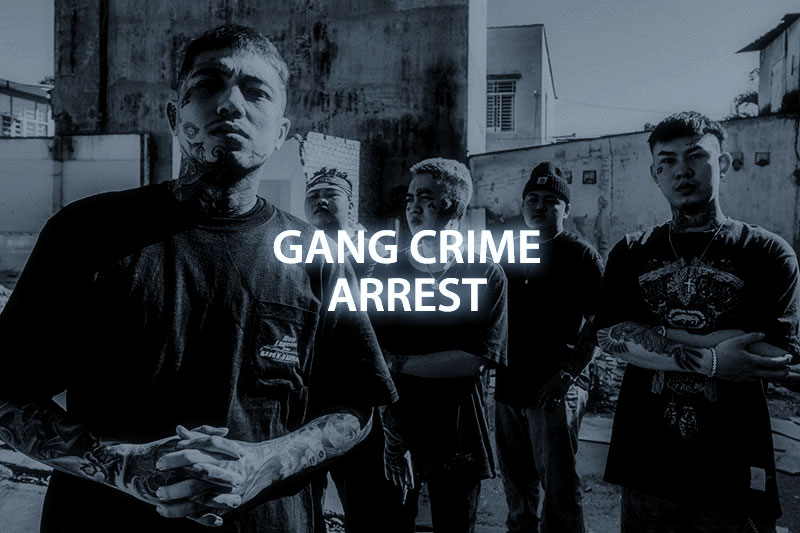Defending against gang-related charges requires an arsenal of strategic maneuvers that address the specific circumstances of each case. From challenging the prosecution's evidence and addressing potential violations of Miranda rights to ensuring that legal representation is adequately informed and aggressive, each tactic plays a pivotal role in the pursuit of justice. It is through these rigorous defenses that the rights of the accused are upheld, and the integrity of the legal system is maintained. These strategies provide an avenue for fair adjudication, even in the face of serious and complex gang-related allegations.
These cases illuminate the importance of a nuanced and well-prepared defense strategy in cases involving gang-related charges. Key factors such as the ability to challenge gang enhancement requirements, the use of expert witnesses, focusing on rehabilitation potential, and establishing a strong alibi have all contributed to favorable outcomes. While each case is unique, these examples underscore the value of experienced legal counsel and the profound difference a personalized defense strategy can make in the face of gang crime allegations in California.
Effectively challenging gang allegations demands a comprehensive understanding of both the evidence and the broader legal processes at play. By focusing on the lack of evidence, scrutinizing procedural integrity, and dismantling the alleged gang affiliations or motivations behind a crime, a skilled defense attorney can craft a formidable defense. The complexities inherent in gang-related cases require not just legal acumen but a tenacious commitment to uncovering the truth and defending the accused’s rights at every turn.
The road to rebuilding after a gang conviction is undeniably challenging, compounded by systemic barriers to employment, housing, and social reintegration. Yet, with determination, support, and strategic use of available resources, it is possible to forge a path toward a stable and fulfilling life. California, like many places, offers pathways to redemption and recovery; it is up to the individuals and society to navigate these pathways with empathy, support, and understanding.

